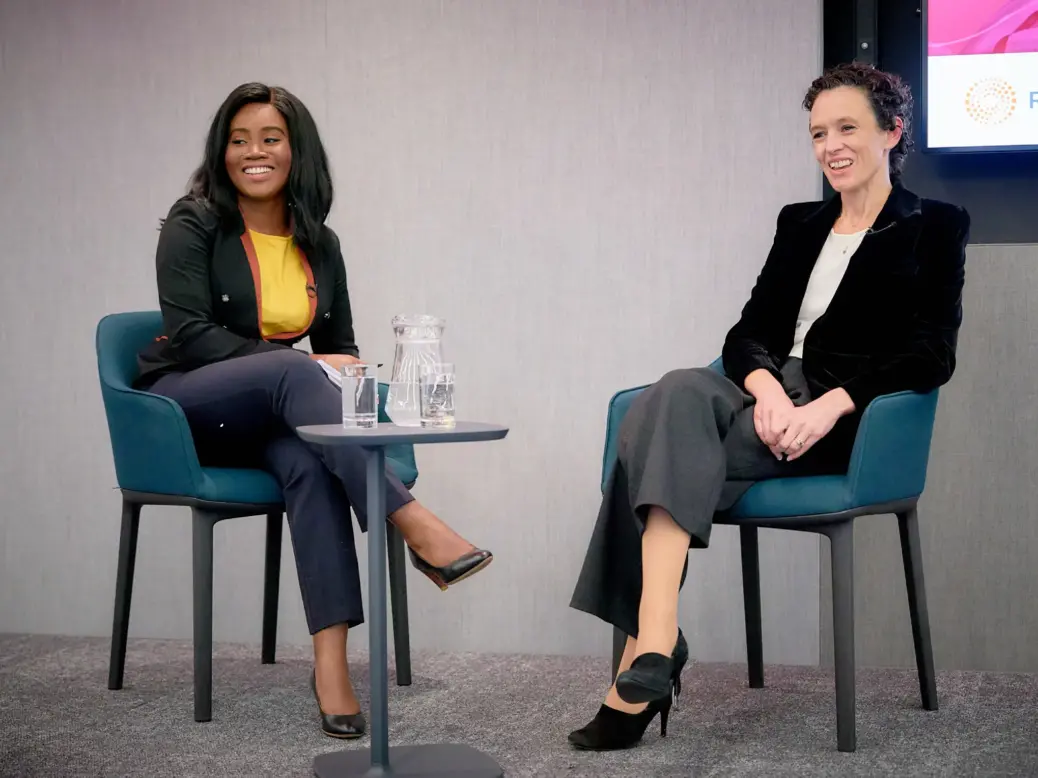
Whenever I have a conversation with someone from the media industry, the chat quite soon turns to AI and how it’s either going to be the future of journalism… or the death of it.
It’s clear that AI – and more specifically generative AI (gen AI) is here to stay and that media companies the world over are trying to get to grips with what it means for them, their staff and – most importantly – how they engage with their audiences.
It’s fair to say that, from what we heard at the NCTJ’s excellent AI in Journalism conference last week, most are still in the ‘playing about’ stage with very little public-facing activity so far.
But it was perhaps fitting that the event was held at the Canary Wharf HQ of Thomson Reuters as the agency has spent much of the last year or so really starting to make advancements with AI.
Reuters global editor for media news strategy Jane Barrett, who has spoken so brilliantly about how the organisation has harnessed the power of AI at a number of industry conferences, told the assembled crowd of journalists and journalism trainers that the work they’d been doing was already having an impact.
Reuters have been using some form of AI for a number of years, mainly to provide services for financial clients, using machine learning to pull data from reports etc.
They now use it for producing more journalism and whilst a human is always in the loop – checking for the hallucinations that AI is prone to – it is helping to save time, a precious commodity in any newsroom.
And she said some of their editors in South America were using AI to provide the first proof of copy written by reporters writing in their second language. It’s estimated that this saves around 15 to 20 minutes per article.
Challenge for journalists is to ‘keep adding skills’ – now including AI
A lot of the doom-mongers seem to think that AI will spell the end of actual human journalists. But Barrett was quick to dismiss this although she did stress that those coming through from universities and journalism training courses would need to have different skills… which includes an understanding of this shiny new toy.
“AI isn’t going to take your job, but someone using it will,” was the rather brilliant quote she said had even been ‘borrowed’ by her boss at a recent meeting.
This has, to a large extent, always been the challenge for journalists – the need to keep adding skills, to keep ahead of the curve and be willing to adapt.
Journalists had to do that when the switch from typewriters to computers was made, with the invention of the internet and, more recently, the explosion of social media platforms.
Many of the UK’s big media brands are exploring what AI can do for their newsrooms whether that is helping journalists with some of the time-sapping tasks that takes them away from pursuing exclusives to co-authoring copy ready for publication.
Newsquest has recently appointed a number of AI-assisted reporters where the human and the ‘machine’ work in tandem to produce copy for a number of titles.
The company’s head of editorial AI Jody Doherty-Cove said that the in-house AI tool helps to draft stories with the reporter ‘feeding’ it copy from a trusted source – be it a press release or council meeting paper – and then reviews the story that the bot produces, providing finishing touches and flourishes before hitting publish.
The use of AI in journalism isn’t new of course. The BBC has flirted with semi-automated reports from football matches and elections for the past few years to varying degrees of success.
And the Journalism AI project – a global partnership between the Google News Initiative and Polis, the LSE’s journalism think tank – has been researching, tracking and reporting on advancements since its inception five years ago.
But the last 12 months have seen the AI revolution gather pace and if newsrooms can find the balance – and a plan which helps to reengage the audiences we’ve lost over the last few years – then it might just be the saviour of the industry.
AI in the Newsroom training
Bauer Academy is hosting a one-day training course on AI in the newsroom in association with Press Gazette on 23 January.
This course will explore the latest trends and thinking around AI. We will look at examples of how journalists can use it to their advantage when it comes to content creation.
On this course you will learn:
- What steps the media industry is taking to protect itself – and benefit from – the rise of AI
- Examples of good practice for using AI in the newsroom
- What the future holds for journalists in the era of AI
AI in the Newsroom is one of a series of courses offered in association with Press Gazette. The full programme is as follows:
- Newsroom Resilience – 16 January
- AI in the Newsroom – 23 January
- Solutions Journalism – 30 January
- Ecosystem of a Story – 14 February
More information on one-day journalism courses offered by the Bauer Academy here.
Email pged@pressgazette.co.uk to point out mistakes, provide story tips or send in a letter for publication on our "Letters Page" blog
